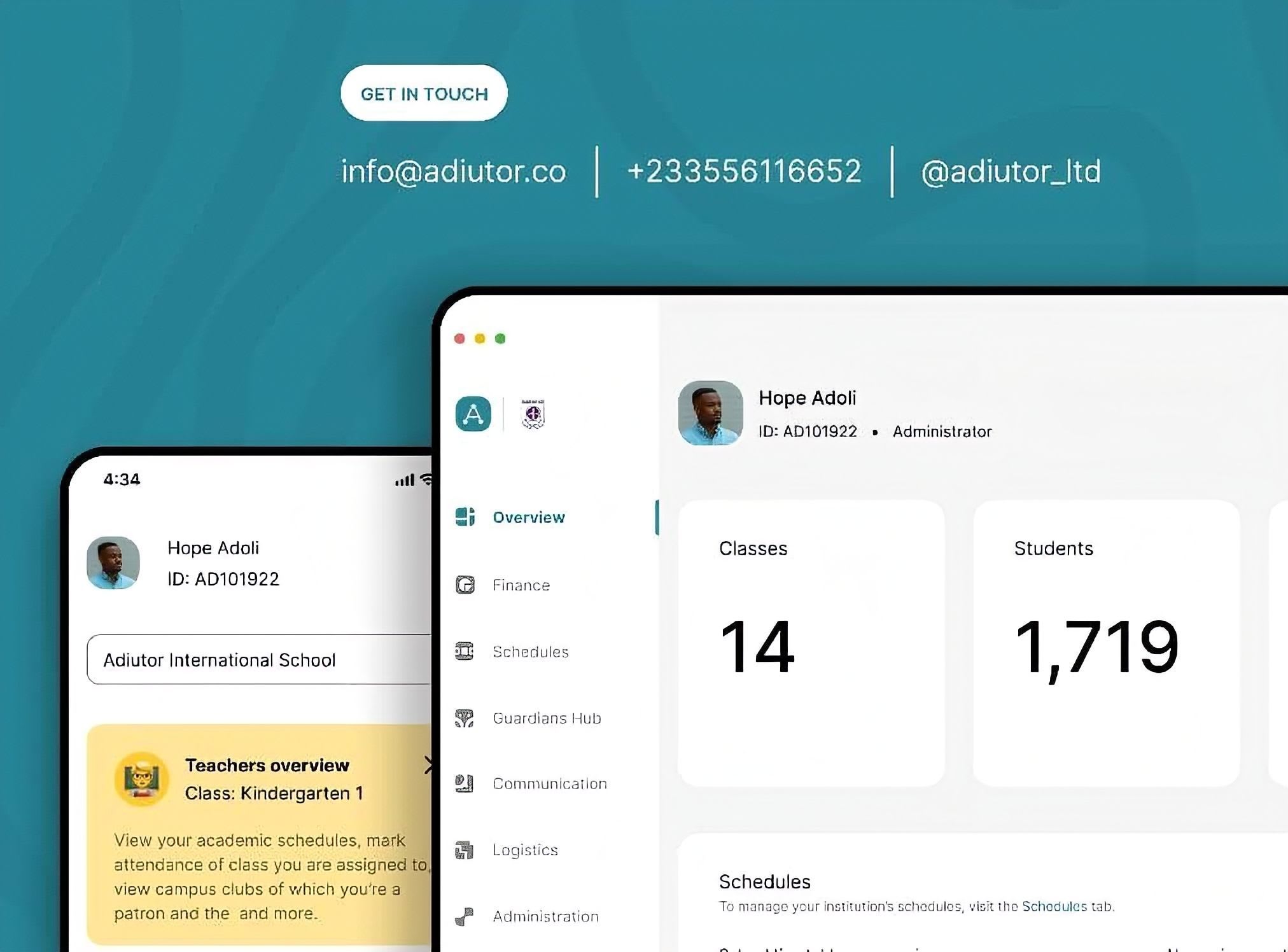Understanding Behavioural Learning Theory
Behavioural learning theory is a concept in psychology that helps us understand how individuals learn new behaviours and respond to different stimuli in their environment.

Behavioural learning theory is a concept in psychology that helps us understand how individuals learn new behaviours and respond to different stimuli in their environment. This theory is based on the idea that behaviour is shaped by the consequences that follow it, and that by modifying these consequences, we can change and shape behaviour in a desired direction. In this article, we will delve deeper into the principles of behavioural learning theory, its key components, and its applications in the educational context.
💡 Lessons learnt: Students should not only know what to learn but should also know how to learn.
Behavioural learning theory seeks to explain how certain behaviours are learned and reinforced through external factors in the environment. It has a long history, tracing back to its roots in early psychology and philosophy. Still, it also has many modern applications found in areas such as educational settings, workplaces and social life. The key principles of BLT are important for understanding human behaviour and include things like conditioning, reinforcement, shaping techniques and extinction effects. Through these methods, one can increase desired actions by changing environmental cues or influencing emotions within the learning environment.
Historical and theoretical Roots of Behavioral Learning Theory
The scientific revolution of the 16th and 17th centuries laid a strong foundation for modern Behavioral Learning Theory. This theory emerged as a reaction to traditional forms of instruction, instead placing emphasis on environmental influences as well as behavioural responses. This type of learning encompasses three main principles: classical conditioning, operant conditioning and social learning theory. In examining these findings and research conducted over time, we can gain better insight into the implications that it has on human development today. Contemporary research has further modified historical approaches to this subject in various ways – providing us with alternative interpretations or ideas surrounding how we learn through stimuli-response structures in society, culture and other settings.
Components of Behaviorist Learning Theory
Behaviorist Learning Theory emphasizes the observable behaviour over thoughts, feelings, emotions and beliefs as it believes that these are secondary to acquired traits in an individual's life. This theory suggests that the environment shapes behaviour by providing positive reinforcements such as rewards or negative reinforcements like punishments to encourage desired behaviours. Repetition also plays an important role in this process; activities have to be repeatedly performed until they become habitual characteristics in a person’s personality. Thus, this type of learning helps build strong motivation in individuals towards their goals so that they can continue perusing them despite any challenges or obstacles encountered during their journey.
Applications of Behavioral Learning in the Classroom
To establish a consistent and positive atmosphere, behaviorally based strategies should be implemented to encourage desired behaviours and promote student engagement during lessons. Using rewards to motivate learners will also help enhance their overall educational experience by providing an incentive to participate in class activities and learn new material in an enjoyable way. Teachers can use interactive activities such as problem-solving challenges to foster decision-making abilities or self-control skills among their students. Creating routines at the start or end of classes helps ease the transition between different topics or classes with targeted behavioural interventions.
Criticisms of Behavioral Learning Theory
Some critics of Behavioral Learning Theory argue that it fails to recognize the complexity and nuances of human nature, limiting its scope in terms of explaining behaviour change. However, others point out that relying on positive reinforcement alone can lead to over-dependence on external motivators, denying people the opportunity to develop intrinsic motivation through their own decision-making processes and autonomy. This highlights a further limitation of the theory - its underestimation of the role cognition and conscious choice play in dictating behaviour outcomes; while some may choose easier behaviours with immediate gratification, others will opt for more challenging but rewarding options.
Understanding the Impact of Behavioral Learning
With this model, individuals are given the chance to identify patterns in their behaviour, giving them better insight into how they can make informed decisions for future scenarios. Through this process, educators can help students gain agency over their education as they understand which strategies work best for them personally when it comes to acquiring knowledge and exploring new topics. Giving students ownership over their learning environment creates an atmosphere conducive towards learning more effectively while introducing a sense of autonomy and self-confidence.

Adiutor
Adiutor means "helper" - we do just that, by taking a load of your school administration and helping you focus on what matters most: the kids.
